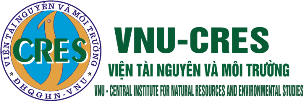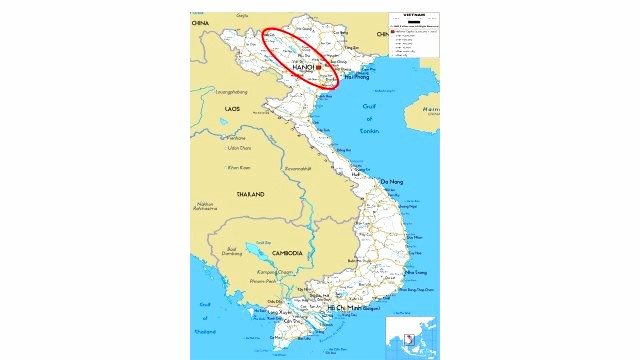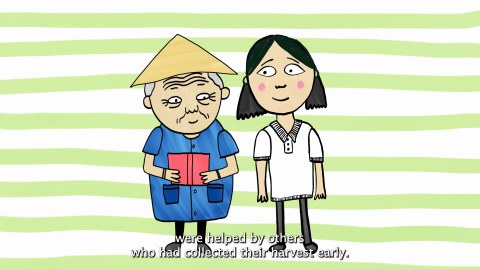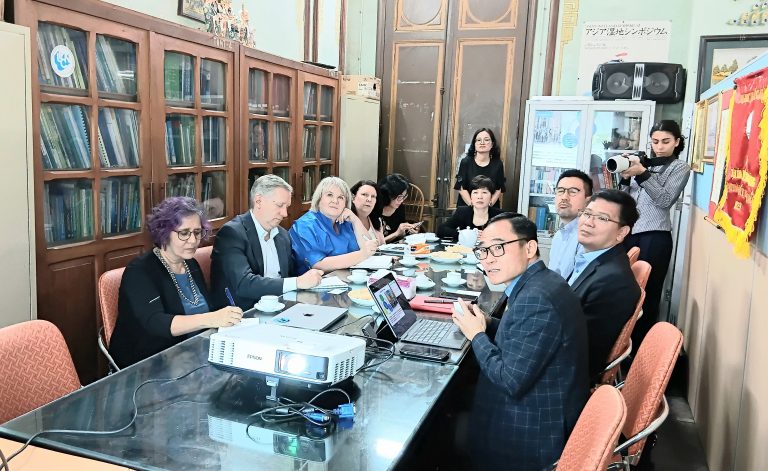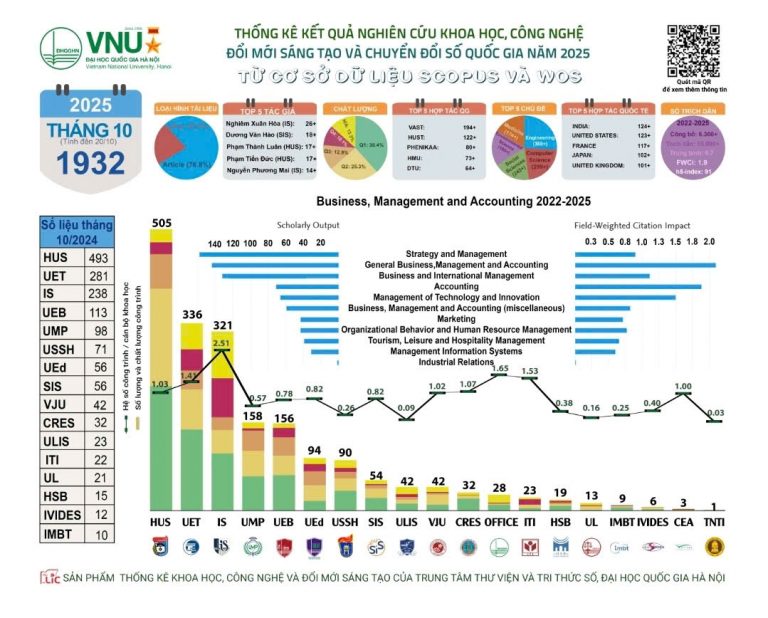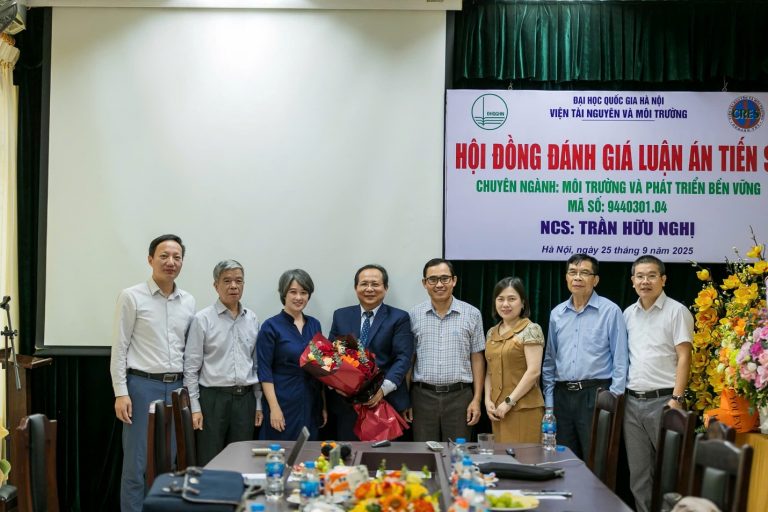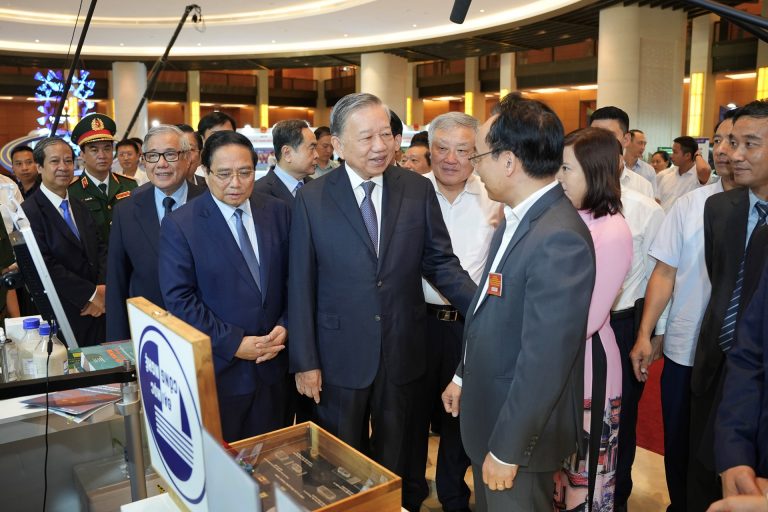APPOCA is funded by the British Academy Maximising Impact scheme (funded by the UK’s Department for Science, Innovation and Technology), that is intended to take forward impacts from ongoing cutting-edge research. APPOCA has been developed to advance the impacts from the Youth-led Adaption to Climate Change Challenges in Vietnam (YACC) project.
You have been invited to these workshops as somebody with an important role to play in relation to youth and/or climate action policy and practice. The workshops are a central component of APPOCA and are intended to share the approach undertaken within the YACC and its successes with relevant stakeholders and start an important conversation about how similar approaches could be adopted and adapted elsewhere across Southeast Asia. These workshops will also signal the start of Younity4action, an international cooperative committed to working together as we learn to live with our changing world.
Below, we briefly outline the YACC project, its components and its creative outputs.
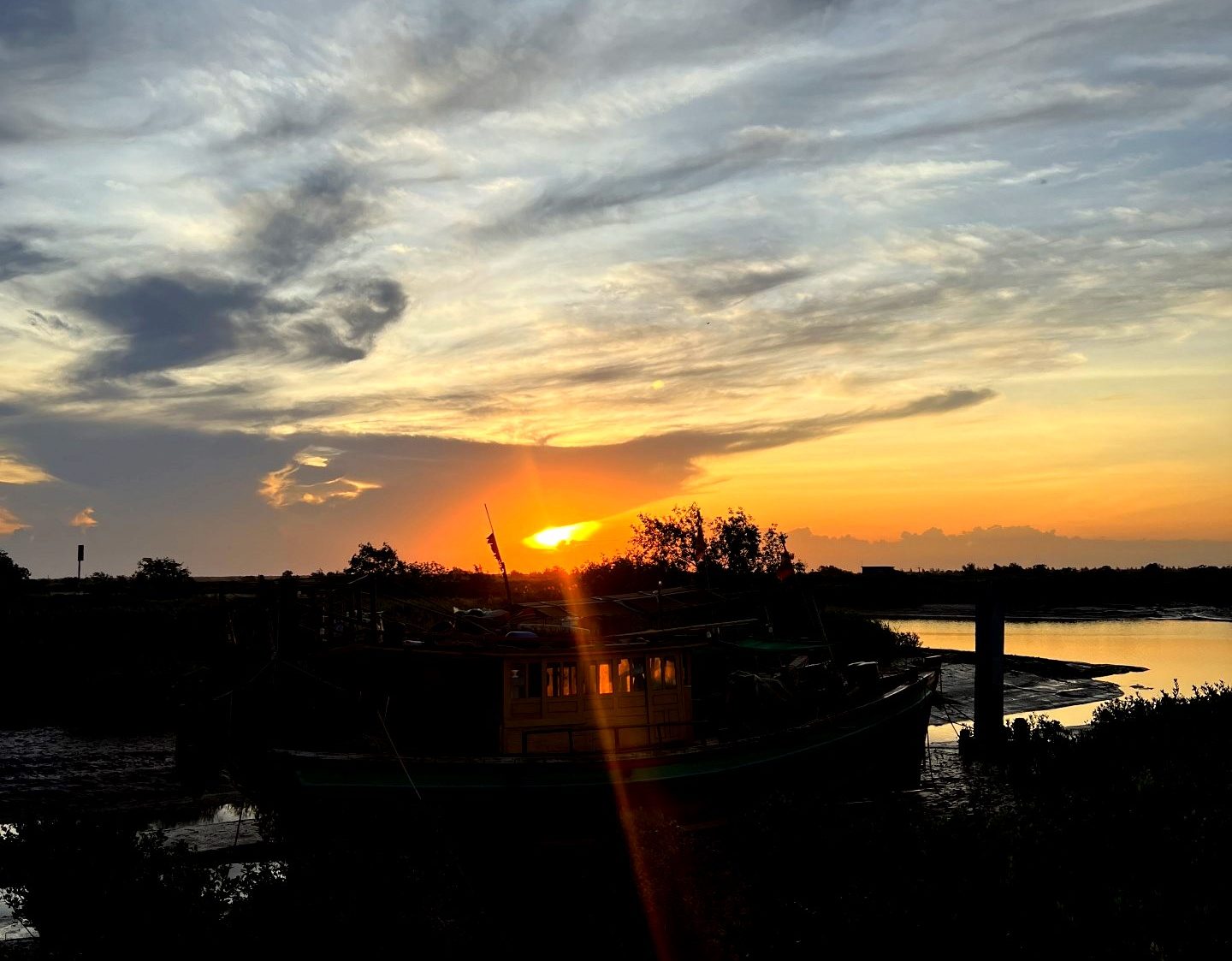 The Challenge
The Challenge
Climate change is one of the most serious threats to humanity, requiring urgent action. However globally, climate action is still not happening on the scale or at the speed needed. Current approaches are therefore not delivering the type of changed needed and we must therefore seek out approaches that understand how we can learn to live with, adapt to and mitigate against the impacts of climate change. Such approaches must also foreground notions of tackling the crisis of climate injustice, that is, working with and alongside those least responsible for contributing to climate change whilst being most at risk of the impacts, having the fewest opportunities to adapt and least empowered to make systemic changes. Therefore, hierarchical and unequal power relations restrict collective action, with youth, disadvantaged communities and Global South countries, often at the sharp end of this failure to act.
YACC – What we did and where we worked
Vietnam is regarded as one of the most at risk countries from the climate crisis, with the Red River catchment (RRC) in Northern Vietnam, one of the most “at risk” catchments globally. The RRC is densely populated, with ~30 million inhabitants and is central to the economy of Vietnam with a long history of agricultural production producing food for both Vietnam and SE Asia. Climate change is leading to a range of hydrological extremities in the area that put both the economy of Vietnam and the livelihoods and welfare of its people at risk.
Funded as part of the British Academy‘s Youth Futures programme (supported under the UK Government’s Global Challenges Research Fund), the YACC project focused on developing youth-led perspectives and climate action on the sustainable development challenges facing the diverse RRC. The project had four core principles which were:
- The centrality of youth for sustainable climate action
- The utilisation participatory action research
- The importance of intergenerational and intercultural learning through community-based dialogue
- The role of creativity and innovation in building climate action and community resilience
These four core principles will also form the basis of APPOCA and Younity4action.
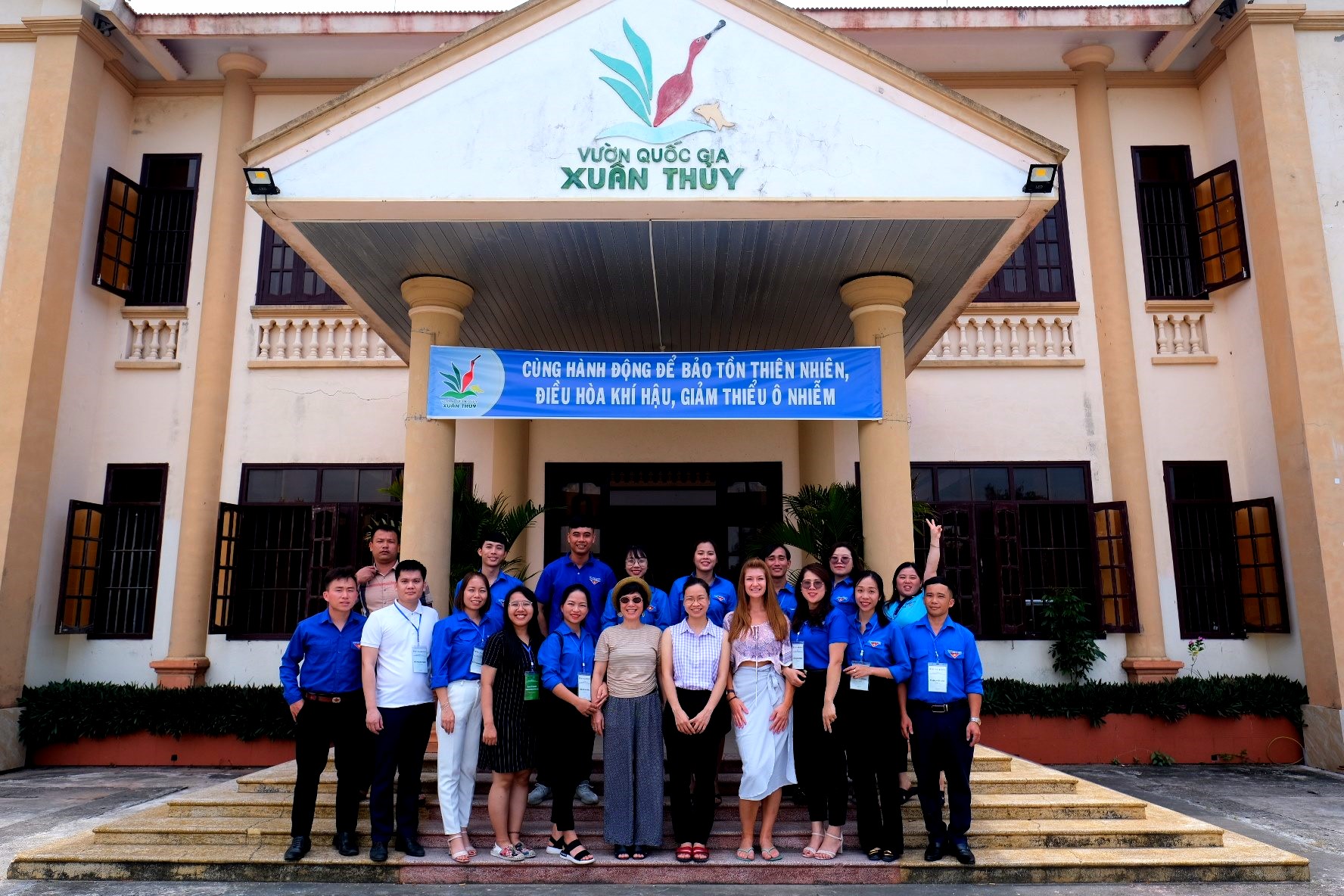 Working with youth across three locations in the RRC, the project supported research capacity development which enabled youth to research ‘at risk’ local communities and investigate and capturing both the challenges faced as well as localised knowledge of, responses to and resilience against these challenges.
Working with youth across three locations in the RRC, the project supported research capacity development which enabled youth to research ‘at risk’ local communities and investigate and capturing both the challenges faced as well as localised knowledge of, responses to and resilience against these challenges.
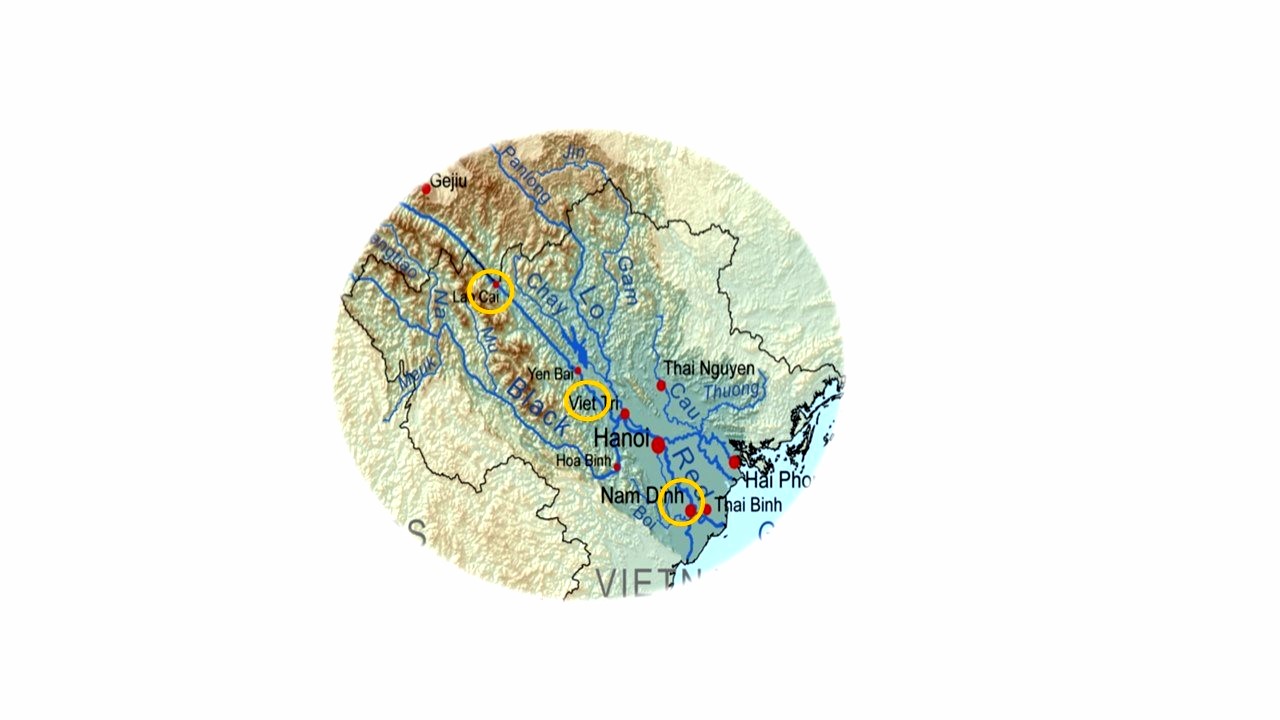 This was a transdisciplinary project. It involved scaffolding social science research skills and education, alongside scientific ‘knowledge’ on climate change to support youth to capture and analyse diverse, local knowledge and build social capacity for a more sustainable future.
This was a transdisciplinary project. It involved scaffolding social science research skills and education, alongside scientific ‘knowledge’ on climate change to support youth to capture and analyse diverse, local knowledge and build social capacity for a more sustainable future.
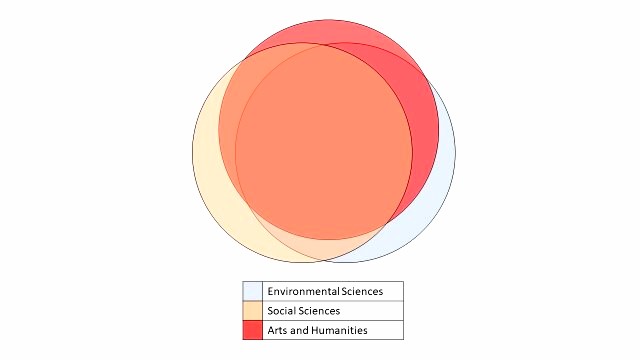
Youth were also supported to innovate and create arts-based outputs from their findings as a means to support localised knowledge exchange and enhance community resilience. The role of emotion, as both an inhibitor (fear, hopelessness, disempowerment) and as a facilitator (empathy, hope and a sense of efficacy) of climate action was also central to this work, shaping both our adoption of creative methods and the production of creative and arts- based knowledge-exchange outputs.
A key objective from this project was to utilise our youth participatory action research model which focused on ‘knowledge, exploration, action’.
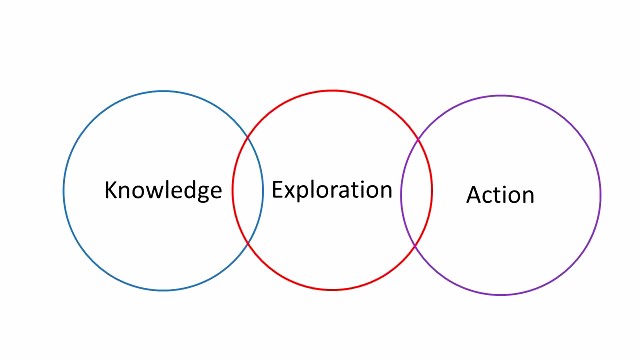
In practice, this looked as follows:
- [URIS id=10964]
- The youth participated in workshops (in-person/online) and individual online training focused on developing their knowledge on climate change and how to become a researcher (including learning about ethics, interviewing, focus groups etc.)
- The youth then had an opportunity to put this into practice during a visit to Xuân Thủy National Park where they observed the impacts of climate change and practised their research skills by speaking to local residents about their experiences of living with climate change.
- The youth then went back into their own socially and culturally diverse communities to conduct research about how climate change was impacting on the lives of its residents and importantly, to identify stories focused on how people were learning to live with climate change.
- The youth were then supported by the research team (via workshops) to turn some of the stories they had found into creative outputs of their choice. This was as a way to share intergenerational and diverse social and cultural ways of adapting to and living with climate change to support wider community resilience building.
- These creative outputs have since been added to a digital storymap. The stories collected by the youth also inspired the development of an original water puppetry performance with this and the storymap shared with an audience of policymakers and practitioners at the showcase event in Hanoi in December 2022.
We have strong evidence that this approach worked to support community- based intergenerational dialogue and to support and inspire independent, intergenerational community-based climate action. We also witnessed the important role of creativity and storytelling in these processes.
Youth found that the people in the most affected communities are noting increasing instability and uncertainty in the weather patterns (though this was often not explicitly seen as linked to climate change). This uncertainty made it extremely difficult to plan or adapt, leading to serious impacts on their livelihoods. However, the youth found significant evidence of community resilience to these challenges. The youth were also very clear that the communities overwhelmingly welcomed the opportunity to talk about the issues faced and to share how they were adapting to these challenges, highlighting the importance dialogue in enabling communities to feel seen and heard.
Youth identified not just community challenges but stories of adaption offering hope
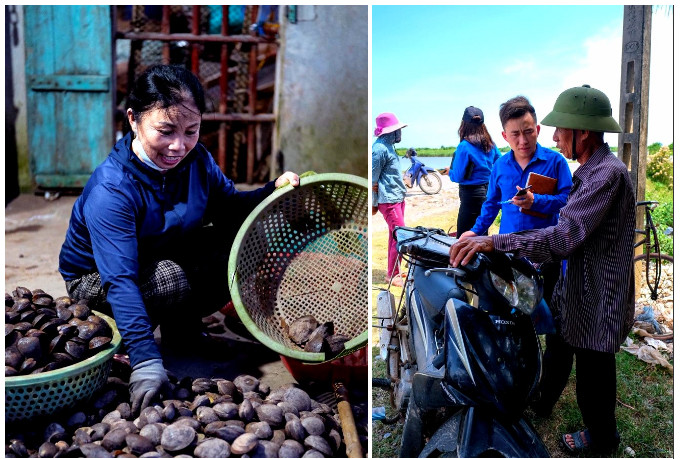
Creative outputs from the project
Below are links to the creative outputs that have been developed from the YACC project. This includes:
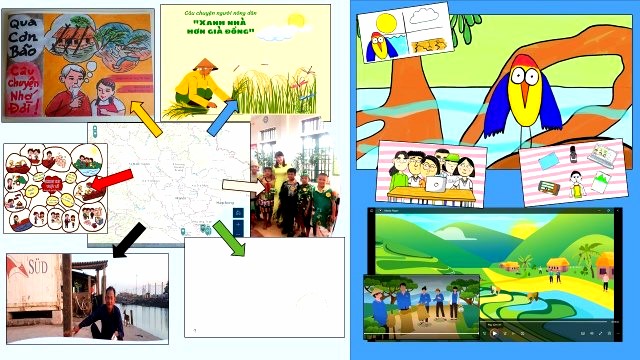
- Our animation about the project – follow Sa, our storytelling kingfisher who ta
- kes you for a ride along the Red River to tell you all about the project and what the youth have been working on
- The digital storymap and storybook containing all of the youth-led creative outputs sharing the stories of hope and resilience from along the Red River
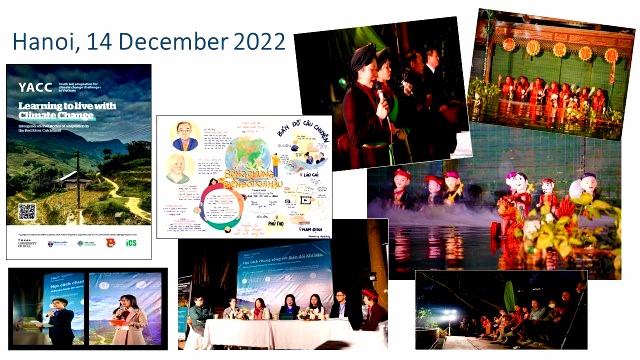
The film from our showcase event featuring the full version of the water puppetry performance
- Our info-animation created to respond to community needs to understand the the role of the electro dams including their benefits and potential challenges resulting from climate change.
- Our project video explaining more about what we did.
For instance, we know that:
- The youth involved in the project are now more aware climate change and feel more confident and energised to engage with climate and environmental action in their communities. involvement has also prompted independent social action between youth and community members.
- Most members of the communities we worked in welcomed the opportunity to share their experiences and the knowledge they have on how they are adapting to living with climate change. It provided an important opportunity for communities to come together, across the generations and to feel listened to.
- Using the arts and creativity was an important vehicle for community engagement around climate change and policymakers and practitioners took note of this. For example, the water puppetry performance impressed policymakers from the Vietnam’s Ministry of Agriculture and Rural Development (MARD) so much so that they have now adopted using this within their disaster preparedness programmes. The Vietnam Museum of Ethnonology have committed to engage with the water puppetry performance as an educational resource to teach about environmental change and the role of traditional art forms to raise awareness and care for the environment. And also, the water puppetry troupe have witnessed the role they can have in protecting the environment and ensuring communities are informed about the environmental challenges and opportunities for action and have committed to performing the show for future audiences and working again with researchers for future work.
The impacts around the other creative outputs are still emerging as we share more widely.
APPOCA’s Objectives
- To enhance and extend opportunities for dialogue between youth and key policy-makers and practitioners focused on climate action at national and international level within Southeast Asia.
- To influence youth- and/or climate-focused policy-makers and practitioners to engage with approaches that include community-focused, intergenerational knowledge exchange
- To advocate for the role of creativity, storytelling and emotions in supporting and encouraging climate action
In summary, to deliver and maximise the impact from the objectives outlined above, APPOCA will:
- Host key four stakeholder workshops (one in Vietnam, Cambodia, Thailand and Malaysia)
- Produce an ‘international’ policy and practice brief (as well as individual country policy briefs)
- Co-produce adapted resources to support policymakers/practitioners
The Workshop
The key aim of the workshop is to bring together relevant stakeholders from policy and practice who focus on youth and/or climate-related matters. The workshops will support attendees to explore the approach/model utilised in YACC and its four core principles which as a reminder are:
- The centrality of youth for sustainable climate action
- The utilisation participatory action research (working with youth/ communities – not doing research to)
- The importance of intergenerational and intercultural learning through community-based dialogue
- The role of creativity and innovation in building climate action and community resilience
The workshops will focus around these two main questions:
- What learning can stakeholders take from the project that they can build into future policies/initiatives focused on youth and/or climate action?
- What information and resources would they need to adopt and advocate the wider adoption of the resources?
The diverse responses from the workshop activities will be collated to produce a stakeholder ‘wish-list’ for each country and then a combined ‘wish-list’ to inform the development of an international policy brief and accompanying resources.
All stakeholders attending the workshops will also be asked to ‘pledge’ what action they will be willing to commit to to take forward the objectives of APPOCA based on the four principles above.
Following the workshops
Stakeholders who want to be more involved in developing the policy briefs and resources will be welcome to do so.
All stakeholders will be invited and encouraged to become part of Younity4action where we can build on our developing and new partnerships and continue to work together.
